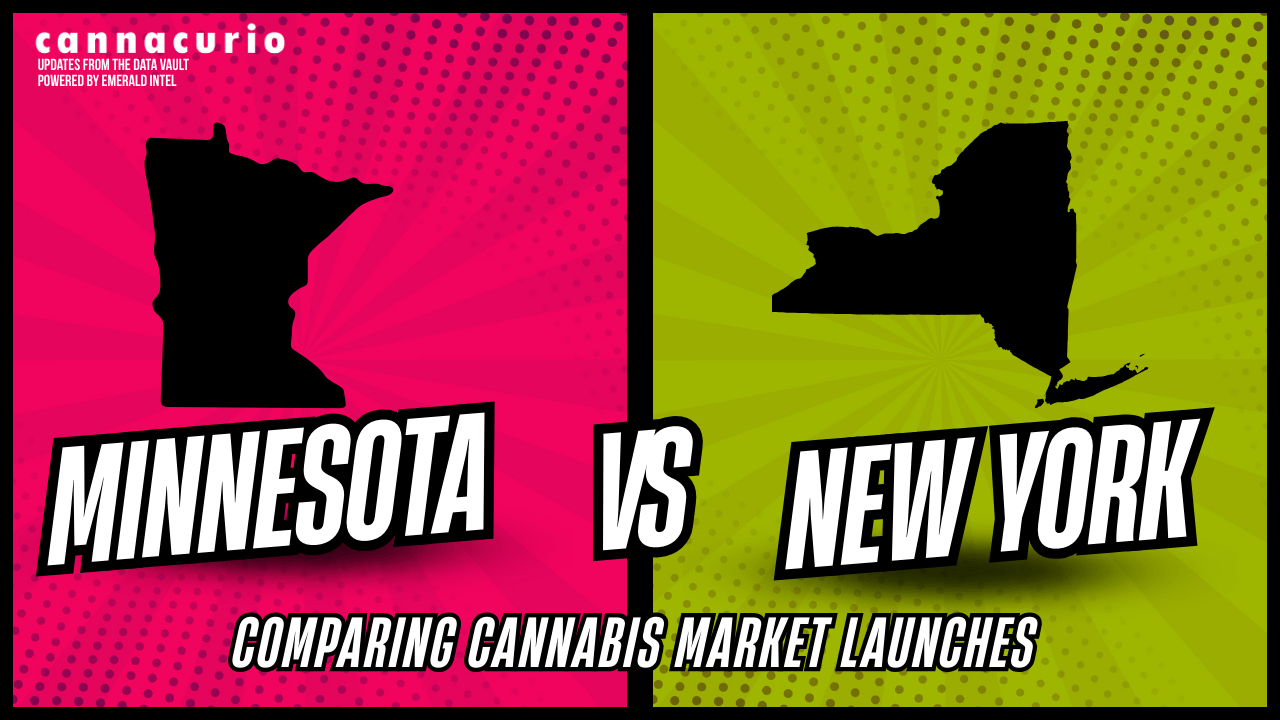
Investors Eye Marijuana in Pennsylvania
Nine months ago, the hot spot for marijuana investors was Maryland. At the time, investors from business, law enforcement, politics, medicine, and many other sectors were vying for marijuana licenses. Today, the hot spot is Pennsylvania, and again, we’re seeing entrepreneurs, multimillionaires, business people, farmers, pharmacy executives, and more trying to snatch up one of the 12 coveted grower/processor licenses and 27 dispensary licenses.
While the state is keeping the hundreds of license applicants’ names under wraps, some have leaked through various channels. The Philadelphia Inquirer reports that the applicant list includes some recognizable names from inside and outside the state such as:
- Lindy Snider – Part of a well-known real estate family and daughter of the late Philadelphia Flyers owner (Ed Snider) who wants to operate a growing and processing facility
- Keith Morgan – Heir to the AAMCO transmission repair fortune and Krispy Kreme rights owner in the Philadelphia region who wants to open three marijuana dispensaries and two growing and processing facilities
- Jennifer McKee – member of her family’s McKee Group real estate company which hopes to run a growing and processor facility
- David Z. Tuttleman – heir to The Limited apparel fortune who already owns a marijuana growing business in Nevada and wants to get a growing and processing license in Pennsylvania
Many of the investors eyeing the Pennsylvania marijuana industry are from other states. Of the investors listed above, only one (David Z. Tuttleman) lives outside of Pennsylvania (in Delaware), but some are working with people from other states. For example, Keith Morgan is working with Washington, D.C. marijuana grower Rick Genderson. Together, they will submit five license applications (two for growing facilities and three for dispensaries).
The Cost of Entry to the Pennsylvania Marijuana Industry
With a $10,000 grower/processor application fee and $200,000 application deposit (refundable if an application is denied) as well as a required $2 million in capital with $500,000 of that capital on deposit with a financial institution, it’s not surprising that wealthy investors are partnering with people from other states who have knowledge and experience in the marijuana industry.
Keep in mind, as reported in the Marijuana Licensing Reference Guide: 2017 Edition, grower and processor licenses are stacked in Pennsylvania. That means when a business wins one of these licenses, it controls both cultivation and manufacturing. However, the state is planning to make fully stacked licenses – with some added benefits – available in the future.
These special fully stacked licenses won’t just enable the holders to grow, process, and dispense marijuana. Instead, this license structure will allow eight academic medical centers to choose investors as partners who will help them grow, research, and dispense marijuana through up to six dispensaries per license.
As you’d expect, health systems, pharma companies, private equity firms, and more want to get into that business. While the number of applicants could reach up to 1,000, the cost of entry will likely be so high that only the best applicants will be able to apply.
In comparison, applications are quite a bit more affordable for dispensary licenses in Pennsylvania. Requirements include a $5,000 dispensary application fee plus $30,000 in cash (refundable if an application is denied) as well as $150,000 on deposit with a financial institution.
The Future of Marijuana Licenses in Pennsylvania
Medical marijuana dispensary sales are expected to start in October 2018, so there is still a lot of time for things to evolve in Pennsylvania. As the license application numbers prove, there is certainly no lack of interest in the state’s marijuana industry. The only question remaining is who will actually win the licenses and what will they do with those licenses.
Of course, Cannabiz Media will be tracking all marijuana license updates in Pennsylvania and across the United States in the Cannabiz Media License Database – the most detailed and up-to-information source on the market. Things change quickly in this industry, so subscribe now!
Need more insights?



.png)